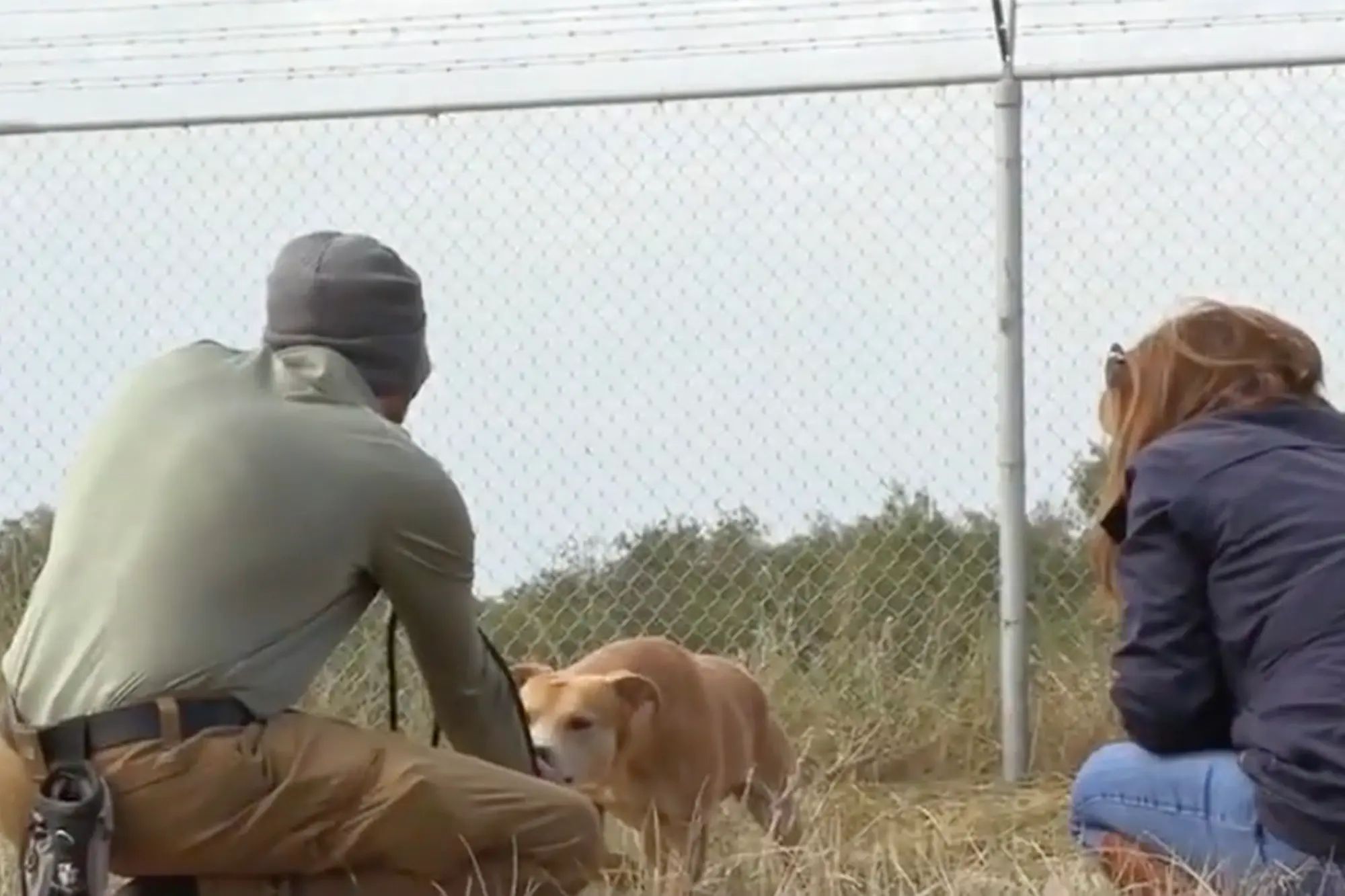There’s a heart-wrenching situation unfolding at the southern border of the United States, as migrants seeking entry are being forced to leave their beloved dogs behind. This has led to a secondary crisis, drawing the attention of reporters and even the military, who are stepping in to provide care and support.
Key Takeaway
Migrants attempting to cross the US border are being forced to leave their dogs behind, leading to a secondary crisis of abandoned animals in need of care and support. Reporters and the military have stepped in to provide assistance, highlighting the urgent need for a comprehensive response to this growing humanitarian issue.
Reporters Taking Action
Fox News Channel correspondent, Matt Finn, has been reporting live from Eagle Pass, Texas, where he has witnessed firsthand the plight of these abandoned dogs. Along with other TV crews, they have taken it upon themselves to provide assistance, taking in some of the dogs and ensuring they receive the care they desperately need.
A Growing Humanitarian Effort
Matt Finn has revealed that numerous migrants are attempting to cross the border with their faithful companions, only to be informed that their dogs cannot accompany them to the federal processing centers. This has resulted in a growing population of stray dogs along the border, in urgent need of food, water, and shelter.
The National Guard has stepped in to provide aid, offering care and support to some of these abandoned dogs. Additionally, Matt and his producer have personally intervened to help these animals in distress. Many of the dogs are suffering from ticks, fleas, and worms, and the local veterinary community has rallied to provide pro bono care for these animals in need.
A Call for Action
This heartbreaking situation is not new, as similar scenarios have unfolded in other border areas. While efforts have been made to rehome a few of these dogs, the scale of the crisis demands a more comprehensive response. While some dogs have found solace with the National Guard troops stationed at the border, the need remains great, and there is much more work to be done to address this growing humanitarian crisis.

